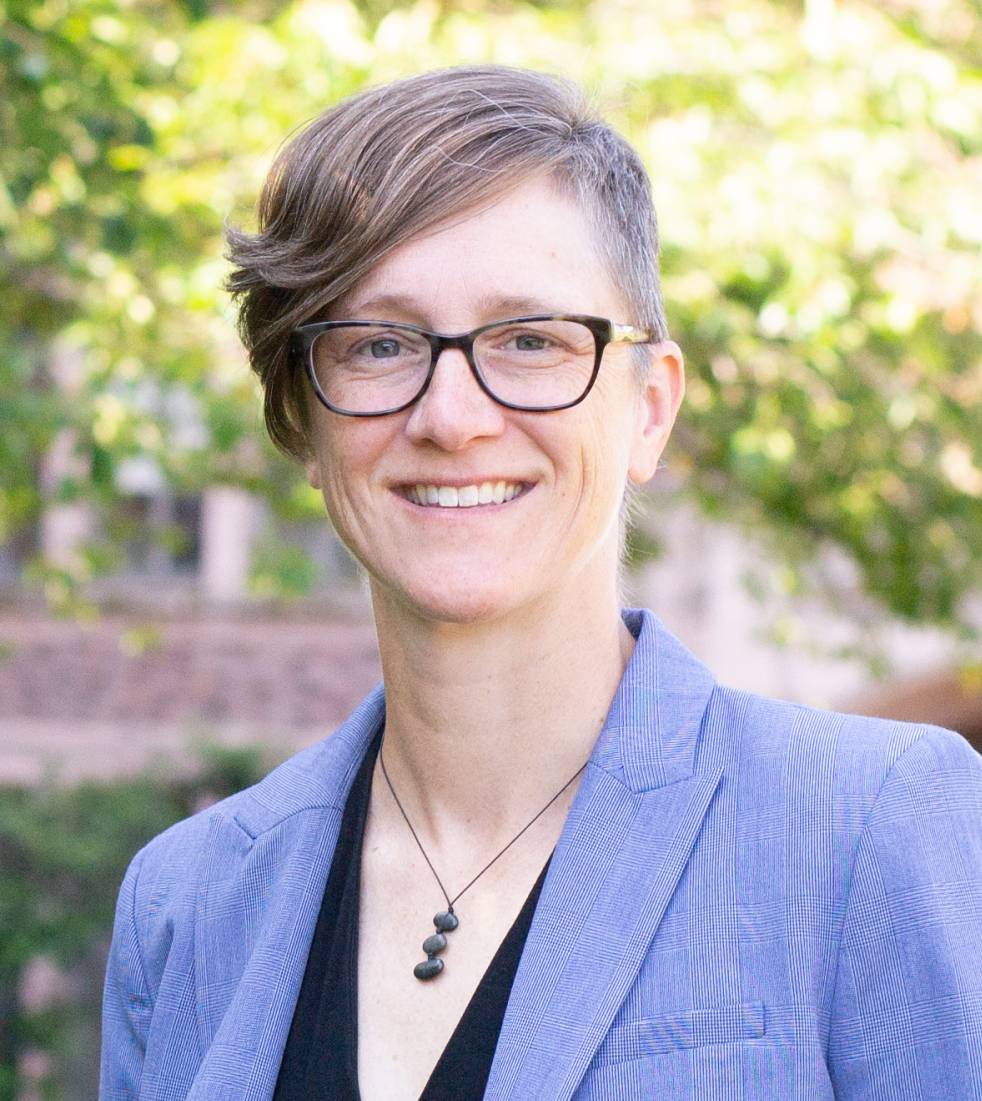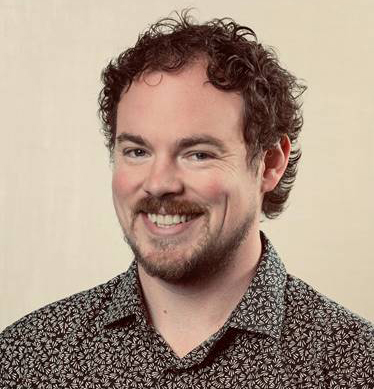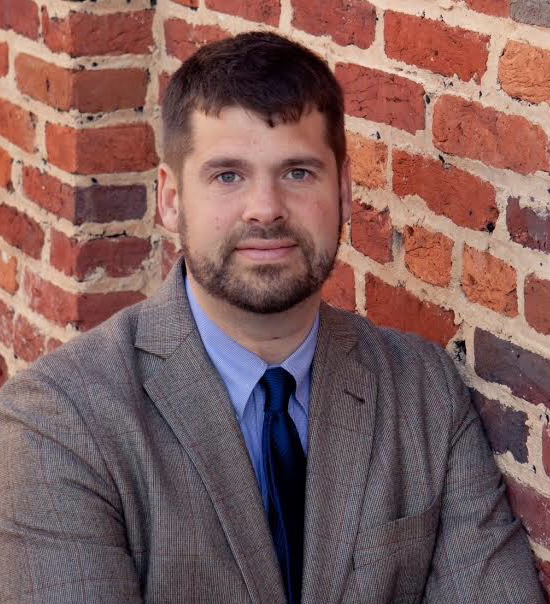![]() The fourth biennial NSF Secure and Trustworthy CyberSpace Principal Investigators’ Meeting (SaTC PI Meeting ’19) was held Monday, October 28 starting at 8:00 a.m. through 3:30 p.m. Tuesday, October 29, 2019 at the Hilton Alexandria Mark Center, located at 5000 Seminary Rd, Alexandria, VA 22311. The Hilton Alexandria Mark Center is 8.2 miles from the Reagan Washington National Airport (DCA) and 4.7 miles from NSF via Seminary Road.
The fourth biennial NSF Secure and Trustworthy CyberSpace Principal Investigators’ Meeting (SaTC PI Meeting ’19) was held Monday, October 28 starting at 8:00 a.m. through 3:30 p.m. Tuesday, October 29, 2019 at the Hilton Alexandria Mark Center, located at 5000 Seminary Rd, Alexandria, VA 22311. The Hilton Alexandria Mark Center is 8.2 miles from the Reagan Washington National Airport (DCA) and 4.7 miles from NSF via Seminary Road.
This year's focus was Growing and Diversifying the Cybersecurity Research Pathways: how can SaTC involve more undergraduates in research, and inspire them to pursue graduate studies in cybersecurity and how can SaTC increase diversity and inclusivity in cybersecurity research and the cybersecurity workforce? This year for first time, the meeting included an undergraduate student track—a dedicated track for 50 undergraduate students who have carried out research as part of a SaTC-funded project. Students in this track were exposed to SaTC topics and the research community at large.
The NSF SaTC PI Meeting is a biennial forum of the SaTC research community with leading experts from academia, industry, and Federal agencies, who will come together to discuss game changing challenges resulting from the global adoption of cyberspace by:
- Reviewing new developments in SaTC fundamental ideas and concepts that minimize the misuses of cybersecurity
- Discussing ways to bolster education and training in cybersercurity
- Identifying new, emerging applications
- Transitioning promising research into practice
The National Science Foundation established the SaTC program to protect cyber-systems (including host machines, the internet and other cyber-infrastructure) from malicious behavior, while preserving privacy and promoting usability. The SaTC program supports a broad spectrum of innovative research that will improve the resilience of individual hosts, networked systems, hardware, software, applications and critical infrastructure from malicious cyber-attacks while preserving privacy and promoting effective and safe usability. SaTC recognizes that this is not only a problem of developing trustworthy computing technology, but also of understanding the economic, social, and behavioral factors that affect its use and deployment. Addressing this problem requires multi-disciplinary expertise in human, statistical, mathematical, computational, and computer sciences and ultimately the transition of new concepts and technologies to practice, as well will require the expertise and resources from a wide range of disciplines, including computer science, engineering, economics mathematics, and behavioral sciences. Forerunners of the SaTC program include the Trustworthy Computing, Cyber Trust, and Trusted Computing programs.
The program of the meeting includes invited keynotes and PI talks, panels, and breakout discussions about SaTC research-related projects funded by NSF and other Federal agencies. The program will be organized by a program committee comprising SaTC community experts identified by NSF.
The NSF SaTC Program's public solicitation can be found at: https://www.nsf.gov/funding/pgm_summ.jsp?pims_id=504709
Keynote Speakers

Kate Starbird

Nick Sullivan
